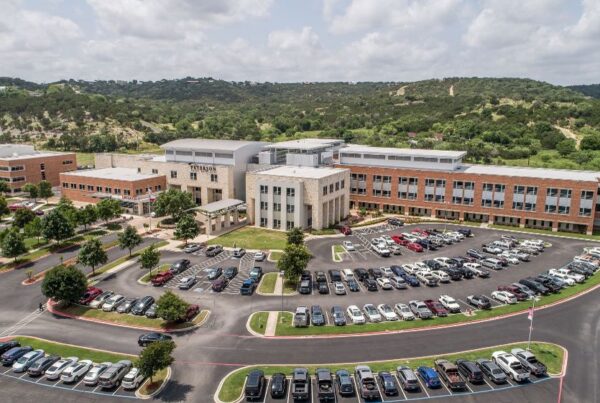While working at one of my clinical sites yesterday (that doesn’t use Assign), I came across a situation that demonstrated to me one of the reasons why Assign is so effective in improving physician satisfaction.
It’s a bit of a slow day, and everyone has a pretty light load. I only have 2/3 as many patients as I usually do and am thrilled to have a chance to spend some more time with each patient, and not feel like I’m racing around like crazy.
In the early afternoon, one of my colleagues asked me why some of the other hospitalists had so many fewer patients than I did. Instead of 2/3 of a usual load, they only had 1/2 of a load. Now this doesn’t matter too much to me because it was already a light day, and it’s hard to complain about having a workload that’s only 2/3 the usual load. But one of the other docs (who had the same number of patients as I did) started grumbling a bit about why she got new patients on a different floor, when there were docs there who could have taken those new patients without breaking geography while creating a better balanced workload across the team. So, what had been a good day for my colleague all of a sudden became a source of bad feelings, resentment, and a sense of unfairness. The sad part is, there was no need for this. An intelligent, automated system (like Assign) that prioritizes continuity and geography while maintaining balanced workloads, can prevent these bad feeling. There is no sense of unfairness. Everyone knows that the system is objective and creating the best patient distribution according the rules that everyone has agreed on ahead of time.
We don’t often have light days in hospital medicine. Don’t waste the opportunity to let your docs rest and recharge when the volume is low, by creating resentment and dissatisfaction.
Get the latest updates and news delivered to your inbox.
Subscribe to our newsletter today.





